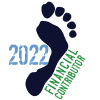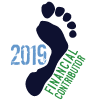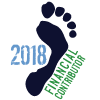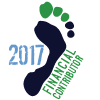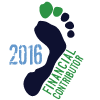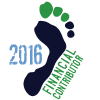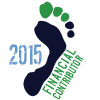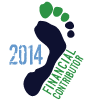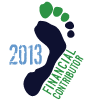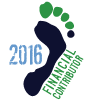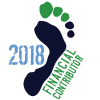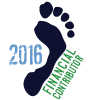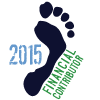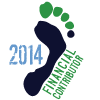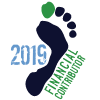While I know a lot about hiking in general I would like some advice on how to toughen up the feet for hiking and what can I reasonable expect in how long the toughening up process will last and how reasonable it is for most people to hike completely barefoot almost all the time. I know that is a very broad question and I'm sure I'm going to get just as broad a range of answers.
So far, I know if I go slow enough I might be able to hike on anything. I am not adverse to hiking slow, I just don't want to be all day at it either, I like to do 10-15 miles a day. My footwear experience was years ago in Limmer boots, which are custom made full leather. durable and very heavy hiking boots. Then I progressed to lighter footwear and have done some hiking in Teva sandals and now five fingers. In my five-fingers I have notice some fatigue since my foot is no longer supported by a nice platform when I step on the edges of rocks. I've never had a problem with my feet or ankles no matter what type of footwear I have worn. I've even have hiked barefoot, for short stretches, deep in the woods when no one was around and the likelihood of being seen was very low. Please, let's keep that last part about me hiking barefoot just between us.
My current routine to tough up my feet is running 2 times a week and I'm working to slowly increase that to 3 times a week. I'm not planning on increasing my running mileage by more than 10% each week and I'm thinking every 4 weeks maybe take a step back and reduce my mileage for that week. I'm also going barefoot as much as possible. I do a fair amount of walking and when things work out I'll walk the 1 mile to and from work each day. Though currently I'm only walking 1/4 mile and it is not always barefoot since it is still cold up here in New Hampshire. I do plan to start hiking whenever possible barefoot and I'll bring some shoes with me to be safe.
Thanks for your input, thoughts, advice, general encouragement, and friendship. I would have become a barefooter years ago if I realized it wasn't dangerous or illegal.
Thanks,
So far, I know if I go slow enough I might be able to hike on anything. I am not adverse to hiking slow, I just don't want to be all day at it either, I like to do 10-15 miles a day. My footwear experience was years ago in Limmer boots, which are custom made full leather. durable and very heavy hiking boots. Then I progressed to lighter footwear and have done some hiking in Teva sandals and now five fingers. In my five-fingers I have notice some fatigue since my foot is no longer supported by a nice platform when I step on the edges of rocks. I've never had a problem with my feet or ankles no matter what type of footwear I have worn. I've even have hiked barefoot, for short stretches, deep in the woods when no one was around and the likelihood of being seen was very low. Please, let's keep that last part about me hiking barefoot just between us.
My current routine to tough up my feet is running 2 times a week and I'm working to slowly increase that to 3 times a week. I'm not planning on increasing my running mileage by more than 10% each week and I'm thinking every 4 weeks maybe take a step back and reduce my mileage for that week. I'm also going barefoot as much as possible. I do a fair amount of walking and when things work out I'll walk the 1 mile to and from work each day. Though currently I'm only walking 1/4 mile and it is not always barefoot since it is still cold up here in New Hampshire. I do plan to start hiking whenever possible barefoot and I'll bring some shoes with me to be safe.
Thanks for your input, thoughts, advice, general encouragement, and friendship. I would have become a barefooter years ago if I realized it wasn't dangerous or illegal.
Thanks,



